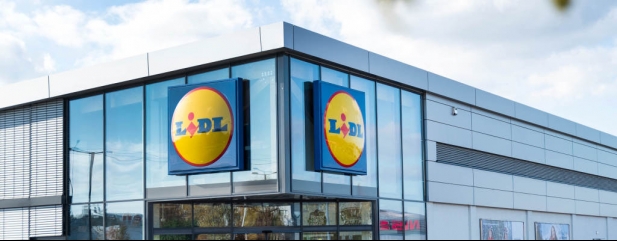Archived article
Please note that tax, investment, pension and ISA rules can change and the information and any views contained in this article may now be inaccurate.
Supermarkets face twin challenges of rising competition and new legislation

AJ Bell is an easy to use, award-winning platform Open an account
We've accounts to suit every investing need, and free guides and special offers to help you get the most from them.
You can get a few handy suggestions, or even get our experts to do the hard work for you – by picking one of our simple investment ideas.
All the resources you need to choose your shares, from market data to the latest investment news and analysis.
Funds offer an easier way to build your portfolio – we’ve got everything you need to choose the right one.
Starting to save for a pension, approaching retirement, or after an explainer on pension jargon? We can help.
Please note that tax, investment, pension and ISA rules can change and the information and any views contained in this article may now be inaccurate.

The latest grocery market share data from research firm Kantar makes chilling reading for the big four supermarket groups.
First, the 12-week ‘till roll’ data shows the market has been contracting in value terms for an unprecedented 10 months as shoppers make fewer shopping trips.
More worrying for the retailers is the fact volume sales were down more than 10% in the 12 weeks to late March as shoppers not only visited less frequently but reduced the size of their baskets ahead of the hike in energy prices.
It is only the fact food prices are up more than 5% in the last month, the highest rate of inflation since 2012, which is keeping supermarket revenues from falling at the same rate.
Kantar also revealed that as the cost of living weighs on shoppers’ minds, own-label products – which are usually cheaper than branded alternatives – now account for over 50% of customer spending.
The second thing which will send a shiver down the spines of management at the big retailers is the speed with which the discounters Aldi and Lidl are taking market share. They now account for 15% of all spending compared with 13% a year ago.
To put that in perspective, Sainsbury’s (SBRY) market share is 15.1% against 15.6% this time last year, Asda’s share is 14.5% against 14.8% and Morrisons’ shares is 9.5% against 10.3%. The chart shows the two-year comparable figures.
The only grocers to have maintained their market share in the past year are Tesco (TSCO) at 27.4%, Co-op at 6% and Ocado (OCDO) at 1.8%.
Meanwhile, Government legislation on HFSS (high fat, salt and sugar) foods means the end of promotions this October on crisps, biscuits and other foods deemed unhealthy by the Department of Health.
HFSS products must also be removed from store entrances, the ends of aisles and checkouts before October to reduce ‘impulse buying’.
Asda and Morrison run over 300 HFSS promotions per week on average, while Tesco runs around 120 promotions. Sainsbury’s has already stopped multi-buy promotions on all HFSS products.
These articles are provided by Shares magazine which is published by AJ Bell Media, a part of AJ Bell. Shares is not written by AJ Bell.
Shares is provided for your general information and use and is not a personal recommendation to invest. It is not intended to be relied upon by you in making or not making any investment decisions. The investments referred to in these articles will not be suitable for all investors. If in doubt please seek appropriate independent financial advice.
Investors acting on the information in these articles do so at their own risk and AJ Bell Media and its staff do not accept liability for losses suffered by investors as a result of their investment decisions.
The value of your investments can go down as well as up and you may get back less than you originally invested. We don't offer advice, so it's important you understand the risks, if you're unsure please consult a suitably qualified financial adviser. Tax treatment depends on your individual circumstances and rules may change. Past performance is not a guide to future performance and some investments need to be held for the long term.
 magazine
magazine